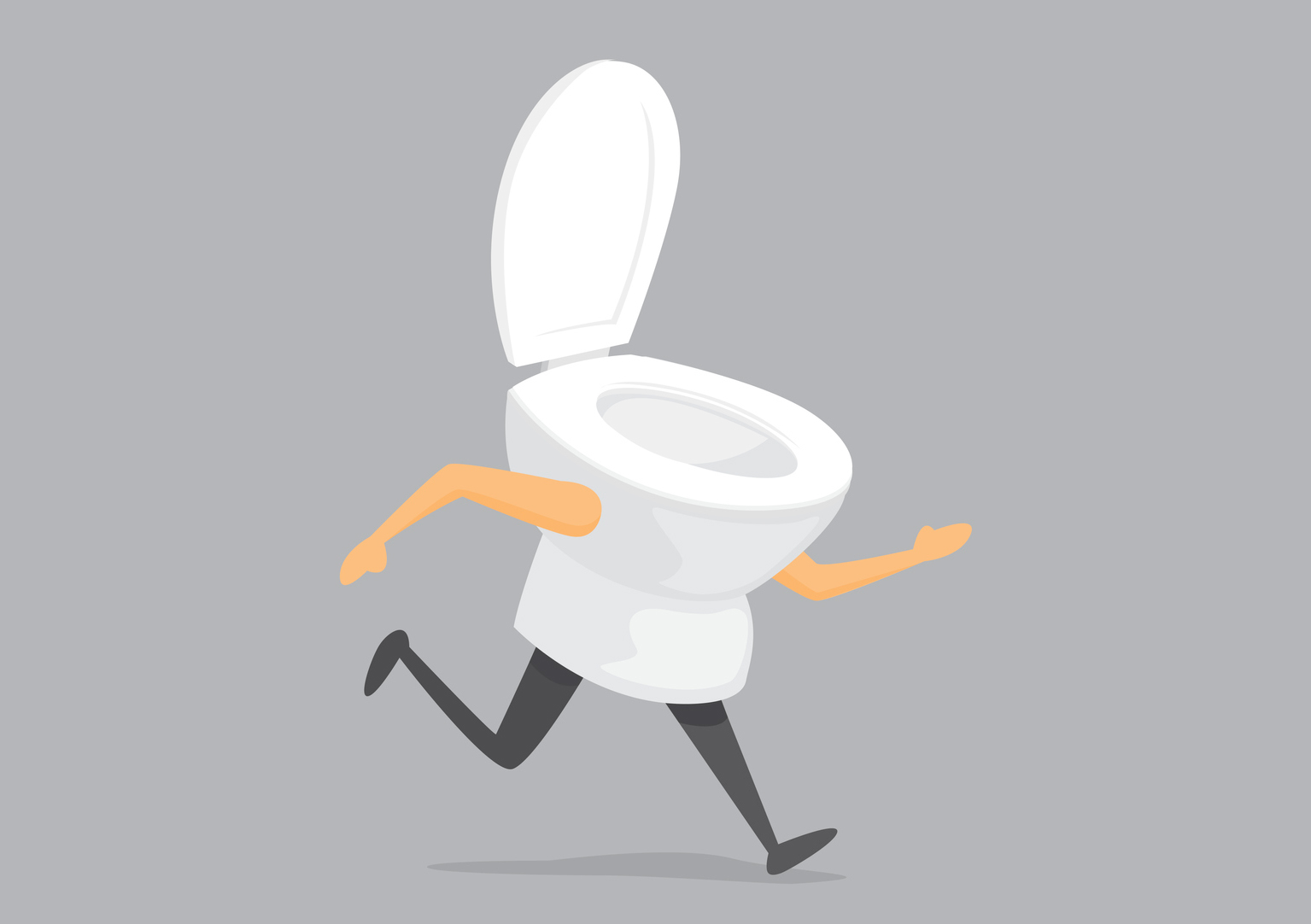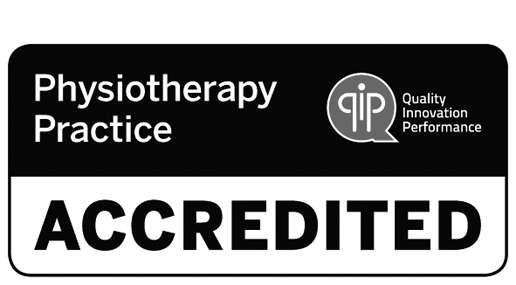
Rushing To The Loo To Do a Number 2?
Are you worried about leaving the house before you’ve emptied your bowels? Is urgently needing to empty your bowel affecting your daily routine?
Rushing to the toilet, bowel urgency and always worrying about where the next toilet is can be very distressing and embarrassing. Experiencing diarrhoea or loose or unformed stool especially when you are out of the house can make you panic and feel anxious. We hear of so many patients who won’t stop for a coffee with their friends after a walk or take their kids to the park as they are worried they will need to go to the loo to do a Number 2. But, you don’t have to put up with it!
Understanding Normal Bowel Function
The brain, pelvic floor muscles, anal sphincters and anal reflexes work together to maintain bowel control until it is convenient to empty. When a normal, soft, formed stool enters the rectum, it generates increased pressure on the walls of the rectum, creating a sensation of fullness in the bowel. Once a stool is sensed, if it is not convenient to go to the toilet, bowel emptying is delayed by squeezing the external anal sphincter. The urge to empty the bowel is resisted and wears off.
Factors Contributing To Bowel Urgency
- Loose stools
- Extra sensitive nerves causing an increased urge
- Poorly functioning pelvic floor and anal sphincter muscles which could be due to childbirth, straining on the toilet, surgery, stress, pelvic pain or ageing
- Changes in the way your brain responds to messages from your bowel, which may be influenced by emotions, especially anxiety and fear
- Poor rectal and anal sensation
- Previous bowel surgery
- Medications eg: antibiotics, medications for diabetes
- Inflammatory bowel disease eg Diverticulitis or Crohn’s disease
What Can I Do?
Here are some tips to help you get back in control and take charge of your bowel movements.
1. Have a review with your GP
It is important to rule out other causes for the diarrhoea or loose stool such as an infection or food poisoning. Remember, it is never normal to have blood in your poo/stool, so please see your doctor if this is occurring or if you are experiencing an unexplained change in your stools. Also, have a chat with them about any medication you are taking which might be a contributing factor.
2. Watch your diet
We all know the importance of having a healthy diet, especially including fibre, to keep your bowels regular. Starting a fibre supplement can help make your poo more formed which helps with control. It is also extremely common for food intolerances (eg gluten or dairy) to affect your gut. Get some advice from a dietician, pharmacist or pelvic health physio about which fibre supplement or dietary changes are right for you.
3. Good bowel habits
Bowels love routine! Having a regular bowel routine (ie emptying regularly and effectively) is important for healthy bowel function. If you can have a predictable bowel movement with good emptying, this may decrease the chance of having urgency and improve your confidence about leaving the house. Your Pelvic Health Physiotherapist can work with you to develop the best routine for you.
4. Empty your bowels effectively
The mechanics of doing a poo are quite complex and sometimes the muscles that are involved with this process (pelvic floor muscles and abdominals) don’t work together properly. The correct mechanics, combined with the correct posture on the toilet are important to empty effectively. Read more about this in our blog article 5 Tips For a Perfect Poo.
5. Have well functioning pelvic floor muscles
For some people with urgency, their pelvic floor muscles are weak. For others, their pelvic floor muscles are tense. Your Pelvic Health Physiotherapist can assess and teach you how to correctly squeeze and relax the anal sphincter and pelvic floor muscles. This is an important step before starting a pelvic floor muscle training program. Biofeedback can be used to help you learn how to control an urge and avoid any accidents.
6. Calming your thoughts and emotions about your bowel function
When you are anxious, your brain switches on the ‘fight or flight’ response which speeds up gut movement. This makes your poo looser and increases urgency. When you have an accident or a ‘near miss’, this can make you more anxious and worried about bowel control in the future and a vicious cycle starts. Managing your anxiety and returning to a ‘rest and restore’ response may slow down gut movement and decrease diarrhoea and urgency. Your Pelvic Health Physiotherapist can help you break this cycle and feel more in control.
If you have ever had an accident with your bowels (which can often be associated with bowel urgency) read Goodbye Bowel Accidents – How To Improve Control for further information
You can see that there are quite a few factors which need to be looked at with bowel urgency. Your Pelvic Health Physiotherapist will assess and help manage them so you can get back to living your life without worrying about where the nearest toilet is!
February 2022




